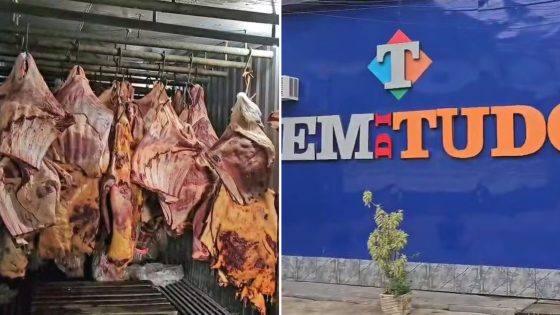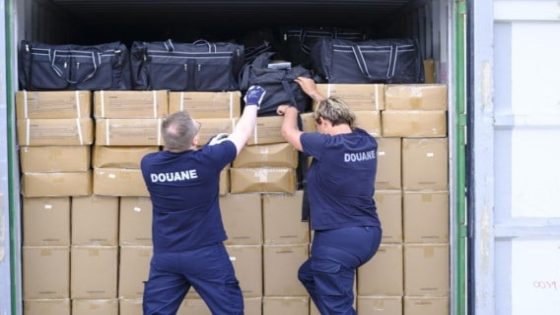A shocking revelation has emerged regarding the sale of contaminated meat in Brazil. On January 22, 2025, authorities uncovered that a company had been reselling animal protein that had been submerged in floodwaters during a devastating incident in Rio Grande do Sul. This alarming situation raises questions about food safety and consumer protection across the country.
- Company sold flood-damaged meat across Brazil.
- Four arrests made during Operation Carne Fraca.
- Investigations revealed meat was misrepresented.
- Police found expired and improperly stored food.
- Scheme profited significantly from deteriorated products.
- Authorities seek other buyers unaware of contamination.
Contaminated Meat Sold Across Brazil: What You Need to Know
How can we ensure food safety in the wake of such incidents? The recent operation revealed that a company, Tem Di Tudo, sold meat that had been submerged for days during floods in Rio Grande do Sul. This raises significant concerns about the integrity of food supply chains in Brazil.
Health Risks from Flood-Damaged Meat: A Growing Concern in Brazil
The investigation into Tem Di Tudo has highlighted alarming practices in the food industry. Authorities discovered that the company purchased 800 tons of spoiled meat, which was then repackaged and sold to unsuspecting consumers across Brazil. This situation underscores the importance of stringent food safety regulations.
Key Findings from the Investigation into Tem Di Tudo
Authorities found several disturbing facts during the investigation:
- The company sold meat that had been submerged in floodwaters for days.
- Four individuals were arrested, including one company owner.
- Contaminated meat was sold in various regions, risking public health.
- Improper storage conditions were reported, including inadequate temperatures and rusty shelves.
How to Protect Yourself from Contaminated Food Products
Consumers must stay informed about food safety practices. Here are some tips to help you avoid contaminated products:
- Always check expiration dates and packaging integrity.
- Be cautious when buying meat from unknown sources.
- Stay updated on food safety alerts in your region.
- Report any suspicious food products to local authorities.
In conclusion, the recent scandal involving contaminated meat in Brazil serves as a stark reminder of the need for vigilance in food safety. As consumers, we must be proactive in ensuring the integrity of the food we consume to protect our health and well-being.
































